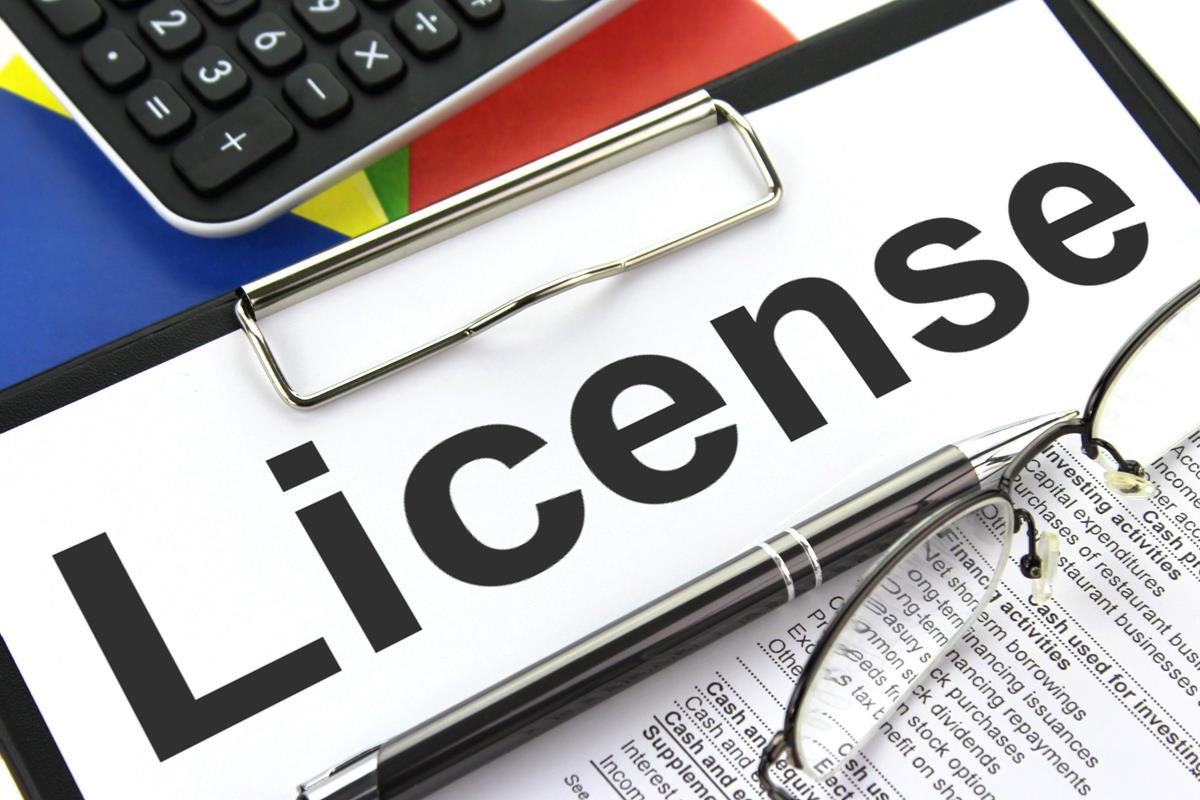Starting a business in Florida requires obtaining the necessary licenses and permits to operate legally. Depending on the type of business you want to start, you may need to obtain a state business license as well as any local licenses or permits required by the county or city in which you will be operating. In this article, we will provide an overview of the process for obtaining a business license in Florida, including information on the types of licenses that may be required, the application process, and any fees associated with obtaining a business license. By following these steps, you can ensure that your business is fully compliant with all necessary regulations and can operate smoothly in the state of Florida. (Also Read: Responsive Ads vs Display Ads)
What is a Business License?
There are many different types of business licenses, and the specific requirements for obtaining one will depend on the type of business you are starting, the location of your business, and the industry in which you operate. Some common types of business licenses include sales tax licenses, food service licenses, contractor licenses, and professional licenses.
Why is licensing important?
Protection of consumers: Licensing helps ensure that businesses offering products or services meet certain standards of quality and safety. This helps to protect consumers from businesses that may not be operating in a responsible or ethical manner.
Professional standards: Many industries have professional organizations that establish standards and best practices for their members. Obtaining a license often requires meeting these standards, which helps to ensure that professionals in these fields are competent and qualified.
Legal requirements: In many cases, obtaining a license is a legal requirement in order to operate a business or offer certain products or services. For example, in order to sell food to the public, a business must obtain a food service license.
Government regulation: Licensing allows governments to regulate certain industries and ensure that businesses operating within them are following relevant laws and regulations. This can help to promote fair competition and protect the public from businesses that may be operating in an unethical or irresponsible manner.
Professional credibility: Obtaining a license can help establish credibility and professionalism for a business or individual. This can be especially important for professionals, such as doctors, lawyers, and engineers, who rely on their reputations to attract clients and build their businesses.
How to get a business license in Florida?
Determine the type of business license you need: Depending on the type of business you are starting, you may need to obtain different licenses or permits. For example, if you are starting a restaurant, you will need a food service permit in addition to a business license. It is important to do research and determine what licenses or permits you need before starting the application process.
Choose a business structure: In Florida, you can choose to operate your business as a sole proprietorship, partnership, corporation, or limited liability company (LLC). Each type of business structure has its own benefits and drawbacks, so it is important to consider which one is right for your business.
Choose a business location: You will need to decide where you will be conducting business. If you are operating a home-based business, you will need to register your home address as your business location. If you are operating a business from a physical location, you will need to obtain a business address.
Register your business name: If you are operating as a sole proprietorship or partnership, you will need to register your business name with the county clerk’s office. If you are operating as a corporation or LLC, you will need to file articles of incorporation or articles of organization with the Florida Department of State.
Obtain any necessary licenses or permits: Depending on the type of business you are starting, you may need to obtain additional licenses or permits. For example, if you are starting a restaurant, you will need a food service permit. If you are starting a construction business, you will need a contractor’s license.
Register for state taxes: All businesses in Florida are required to register for state taxes, including sales tax, unemployment tax, and corporate income tax (if applicable). You can register for these taxes through the Florida Department of Revenue.
Obtain any necessary local permits or licenses: Depending on the location of your business, you may need to obtain additional permits or licenses from your local city or county government.
Register for federal taxes: If you are operating as a sole proprietorship or partnership, you will need to obtain an Employer Identification Number (EIN) from the IRS. If you are operating as a corporation or LLC, you will need to obtain an EIN and file articles of incorporation or articles of organization with the IRS.
It is important to note that the process for obtaining a business license in Florida may vary depending on the type of business you are starting and the location of your business. It is always a good idea to consult with an attorney or a professional business advisor to ensure that you are complying with all relevant laws and regulations.
What are the consequences of not having a business license in Florida?
Fines and penalties: Operating a business without a valid license can result in fines and penalties from the government. These fines can be substantial and may increase if you continue to operate your business without a license.
Legal action: If you operate a business without a license, you may be sued by the government or other parties for operating an illegal business. This can result in costly legal fees and other expenses.
Loss of credibility: Operating a business without a license can damage your reputation and credibility, which can make it more difficult to attract customers and clients.
Loss of business opportunities: Many business opportunities, such as contracts and grants, may be unavailable to businesses that are not properly licensed.
Loss of profits: If you are unable to operate your business due to not having a valid license, you will not be able to generate income from your business. This can result in significant financial losses.
Conclusion
To get a business license in Florida, you will need to determine the type of license you need, choose a business structure and location, register your business name, and obtain any necessary licenses or permits. It is important to comply with all relevant laws and regulations in order to avoid fines and other consequences. (Also Read: What is SCO in Marketing?)












